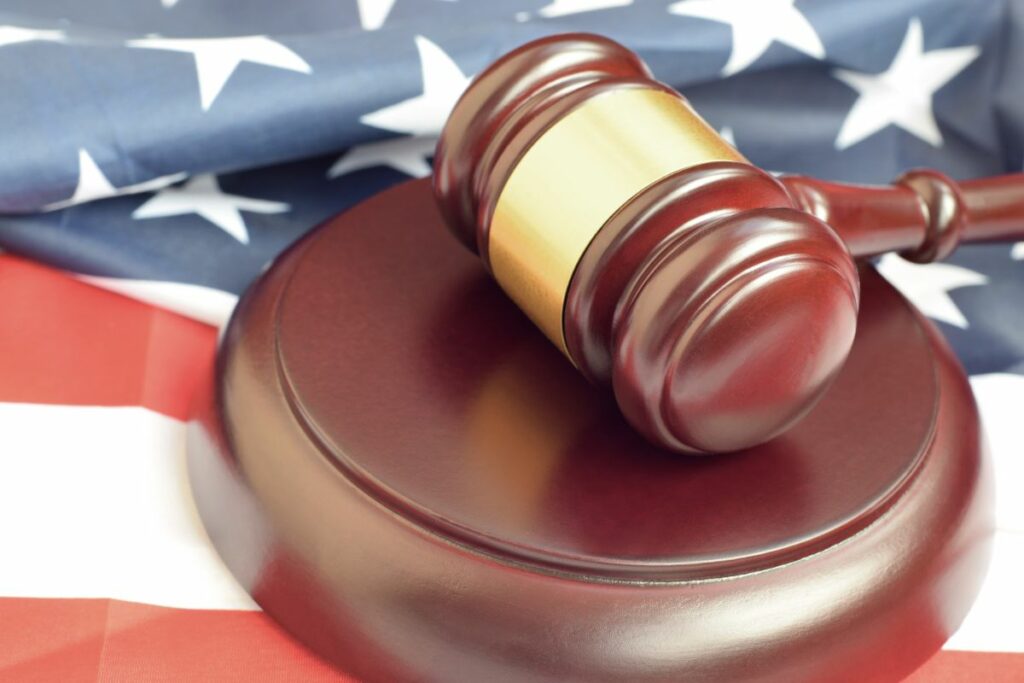Divorce Attorneys In Northern Virginia

Divorce Attorneys Protecting your Rights
Our divorce attorneys routinely handle matters in Prince William County, Manassas, and surrounding counties. Anyone considering a divorce should consult with an attorney trained to deal with the complex issues surrounding divorce law. Ending a marriage may involve property rights and financial arrangements which can result in litigation. The Reed Law Firm has an extensive background in family law and divorce cases in Prince William. It is important to have a compassionate advocate working on your behalf to explain your rights and obligations, and to protect your interests, during this most difficult time. The attorneys of The Reed Law Firm will work hard to ensure that your legal rights and interests are protected, and will zealously advocate on your behalf throughout your divorce proceedings.
Contested Divorce
Unfortunately, many times spouses cannot agree on the issues surrounding the dissolution of their marriage. A traditional “contested” divorce occurs when the parties cannot agree on some issue within the divorce, such as property division, spousal support, child custody, child support, and/or division of debts. In a contested divorce, the parties bring their issues to court for judicial determination. Issues that are commonly the subject of disagreement in a contested divorce include the following:
- Spousal Support
- Modification of Spousal Support
- Division of Marital Debt
- Equitable Distribution
- Child Custody and Visitation
- Child Support
- Business Valuation & Division
- Division of Retirement Accounts
At the Reed Law Firm, we know how to fight for you, and protect your rights, in a contested divorce proceeding. Our divorce attorneys routinely appear in Prince William and surrounding counties to protect and defend their clients interests. Put our experience and expertise to work for you.


Uncontested Divorce
An uncontested divorce can occur in those situations where the parties are able to agree on all major issues regarding the dissolution of their marriage. All marital property and support issues must be resolved, as well as issues of child custody, support, and visitation. When an agreement is reached in a divorce case, the parties typically memorialize their agreement in a written Property Settlement Agreement or Separation Agreement.
A property settlement agreement is the essence of an uncontested divorce. However, some people have been married such a short period of time that they have accumulated no property together, they have no children, and do not intend to ask for support. In such cases, the divorce likely can safely proceed without a property settlement agreement. In all other cases, we strongly encourage the execution of a property settlement agreement.
After a property settlement agreement is reached, additional technical requirements must be followed before an uncontested divorce can be finalized. However, after a property settlement agreement is executed, and the requisite waiting period has elapsed, an uncontested divorce can be finalized in an expeditious manner, usually within four to six weeks.
Benefits of Uncontested Divorce
An uncontested divorce has many benefits. If the parties are able to reach agreement over the various aspects of their marital situation, they have much more control over the outcome of their divorce. In an uncontested divorce, the parties make the important decisions regarding child custody, visitation, and property division, rather than a judge. In an uncontested divorce, the parties usually enjoy a less hostile relationship with their ex-spouse. Furthermore, children often adjust easier to divorce if the parents have been less adversarial during the divorce proceedings. Also, uncontested divorces are usually much less costly, and take less time to complete than a litigated, contested divorce.
To read more information on this topic, please see our Family Law Frequently Asked Questions page. For additional information on divorce and separation, please visit our Basics of Divorce in Virginia page.

Schedule a Consultation
For further information on the subject of divorce, and to obtain specific advice on the laws applicable to your situation, please contact us to schedule a consultation with a divorce attorney in our Prince William office.